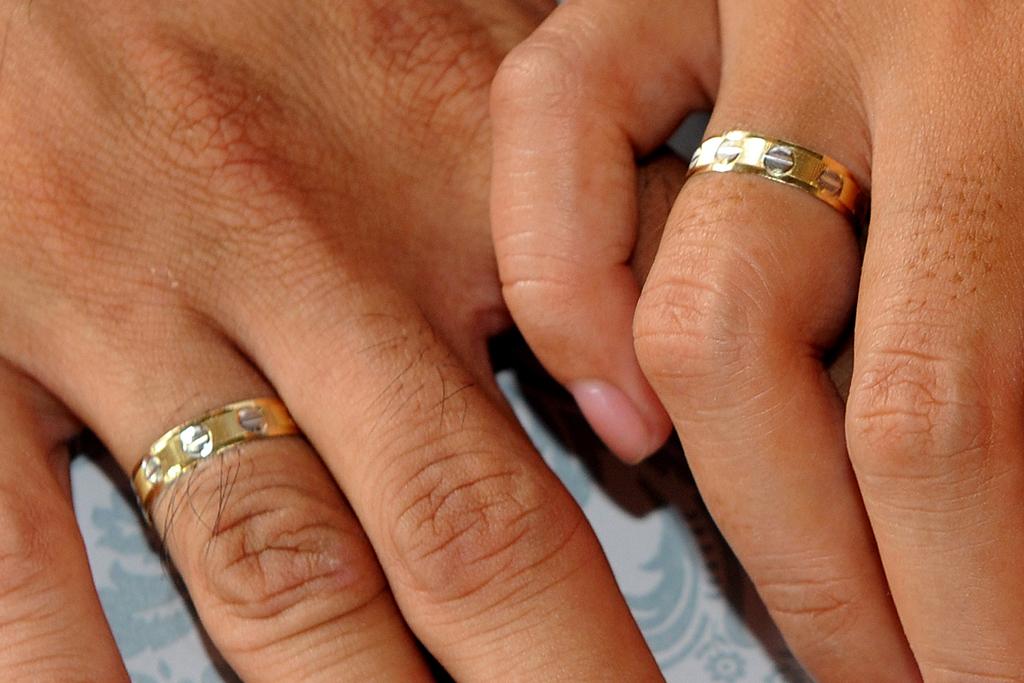Incest ban against German couple upheld by European Court
The European Court of Human Rights ruled on April 12, 2012, that a German brother and sister who had an incestuous relationship and had four children did not have their rights violated by the German court’s ban on incest.
An incestuous couple in Germany did not have their privacy violated by a German court, the European Court of Human Rights ruled today, according to The Independent.
Patrick Stuebing and Susan Karolewski, a brother and sister, argued that they had a right to a family life, but the European Court said that Germany was entitled to ban incest, according to the BBC.
Stuebing was convicted on incest and spent three years in prison.
The couple did not meet until they were both adults, because Stuebing was adopted as a child and only contacted his relatives in his 20s. They became closer after their mother's death. The couple have four children, according to the BBC.
More on GlobalPost: Nicolas Sarkozy introduces tough antiterrorism bill in France
The case, in which Stuebing was sentenced to prison in 2005, led to calls for Germany to change its laws in order to make consensual sexual relations between adults legal, according to The Independent. France, Japan, Brazil and Turkey have amended their laws in regards to adult family members.
A part of the reason for the ban on incestuous relationships is the increased likelihood of the children of such relationships having disabilities.
In fact, two of the German couple's four children do have disabilities.
According to Stuebing, the German courts have destroyed his family. Spiegel reported that he now lives apart from his sister, with three of their children growing up in foster homes.
More on GlobalPost: Should the EU give up on green energy?
The story you just read is accessible and free to all because thousands of listeners and readers contribute to our nonprofit newsroom. We go deep to bring you the human-centered international reporting that you know you can trust. To do this work and to do it well, we rely on the support of our listeners. If you appreciated our coverage this year, if there was a story that made you pause or a song that moved you, would you consider making a gift to sustain our work through 2024 and beyond?
